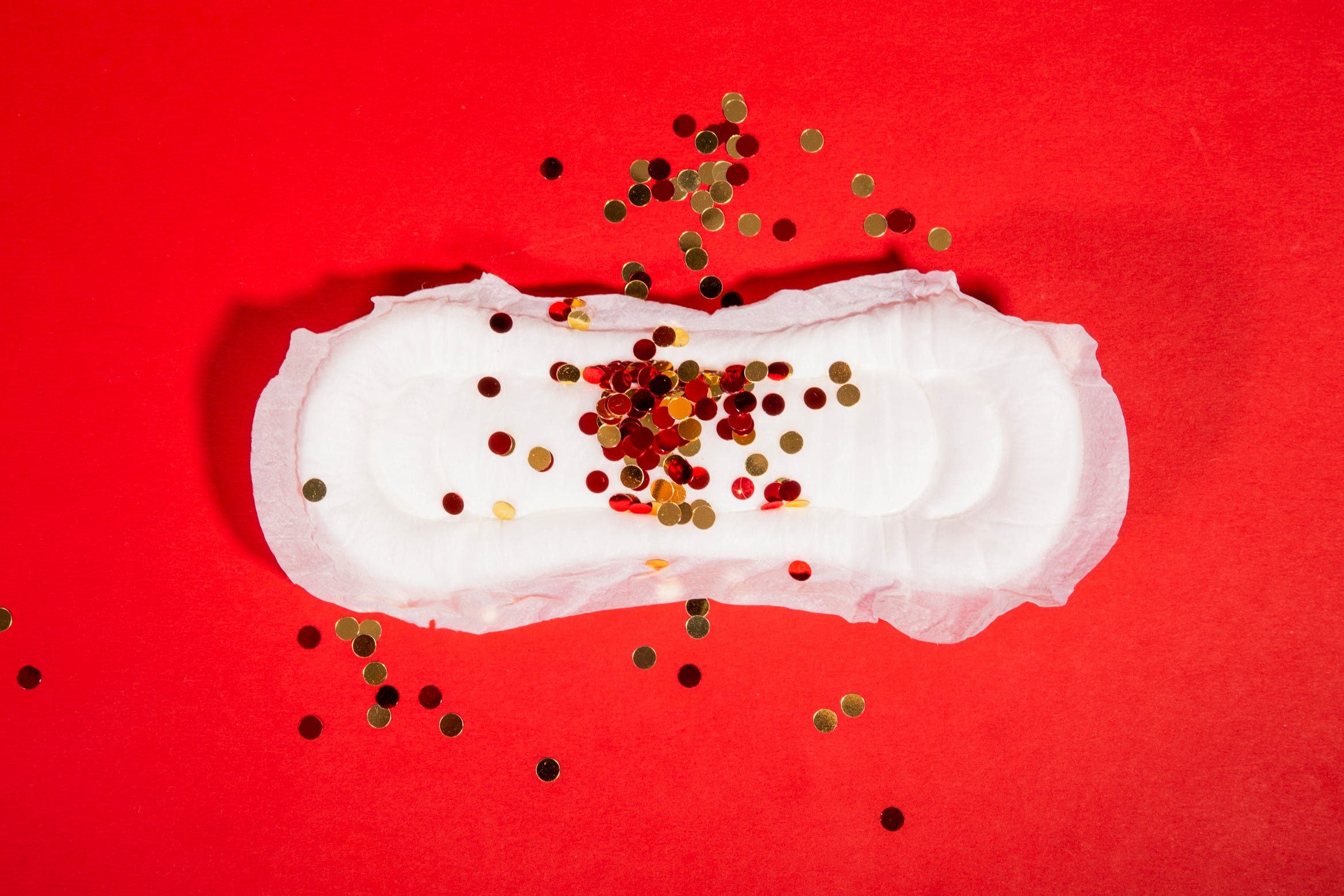
- COVID-19 vaccination is linked to a slight, but insignificant, change in menstrual cycle length.
- The study will both reassure and validate women concerned about the shot's reproductive effects, researchers said.
- More research is needed to understand how vaccines may affect menstruation.
COVID-19 vaccines seem to slightly alter menstrual cycle length, but the effect is usually minor and temporary, according to a study analyzing nearly 4,000 US residents who use the birth control app Natural Cycles.
Specifically, when comparing vaccinated and unvaccinated menstruators, researchers found those who got the shots had cycles that were slightly longer (less than a day) than usual. Their periods remained the same length, and their cycles returned to normal within a month or two.
The findings can reassure women that the shots are safe, since a slightly out-of-whack cycle "is not going to be harmful in a medical way," Yale OB-GYN Dr. Hugh Taylor, who was not involved in the study, told the New York Times.
The results also validate women who've been reporting menstrual changes post-vaxx but haven't been getting answers as to why, the researchers say.
"People want this information so they know what to expect when they get vaccinated," said lead author Dr. Alison Edelman, an OB-GYN at Oregon Health & Science University, in a press release. "This is especially true for those individuals — including those who may be hoping to achieve, or avoid, pregnancy — where any change in the length of a monthly cycle might be troubling."
The results can't be applied to all menstruators
Since the study only followed Natural Cycles' users, its results can't necessarily be applied to all people who menstruate, including those who use hormonal birth control methods like the pill or an IUD. Natural Cycles' users also tend to be white, college-educated, and have a low BMI, the researchers acknowlege.
The study also didn't look at issues outside of menstrual cycle and period length, like how often the shots may affect PMS or contribute to spotting, as women have reported.
And, while, on average, the vaccines didn't affect women in the study much, some women were significantly affected — some by as many as eight days, Edelman told the Times.
It's unclear why the shots may slightly alter menstrual cycles
There are some theories that could help explain what's going on.
For one, a jab stresses the body, Dr. Kelly Culwell, an OB-GYN in San Diego, previously told Insider.
"It needs to stress the body in order for the antibodies to be produced, and menstrual cycles are highly dependent on stress," she said. "This may be something that happens with other vaccines as well," she added, it's just that we haven't had a mass vaccination situation and social media to raise the question as vividly as right now.
OB-GYN Dr. Jen Gunter also wrote in April that she suspects the reported period changes are related to how the body's immune response to the vaccine affects the endometrium, or the lining of the uterus that thickens during menstruation.
But clearly, more research is needed. Meantime, women should talk to their doctors about any menstrual cycle changes that don't resume to normal after another period or two, OB-GYN Dr. Jessica Shepherd previously told Insider. Another health condition, like PCOS, hyper- or hypothyroidism, uterine polyps or fibroids, could be to blame.
"Even outside of COVID, many times when I see women, whatever their condition or disease state is, they think that they might be the only one who's going through that," Shepherd said. "So it's still important to convey that message that they're not alone in their journey."


